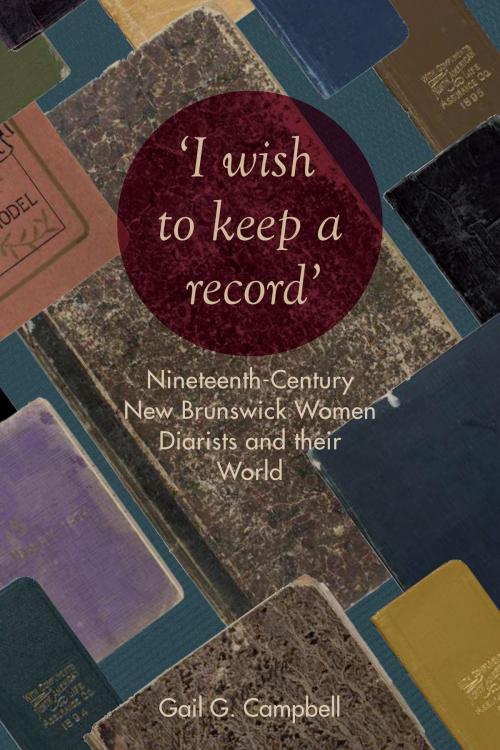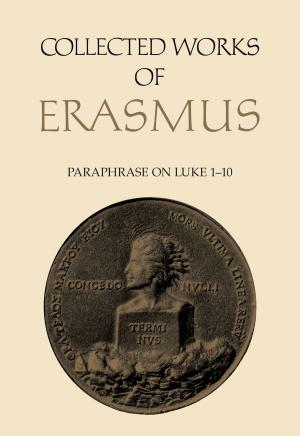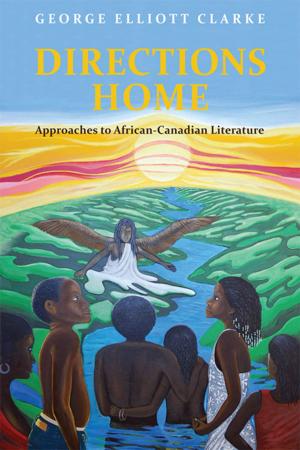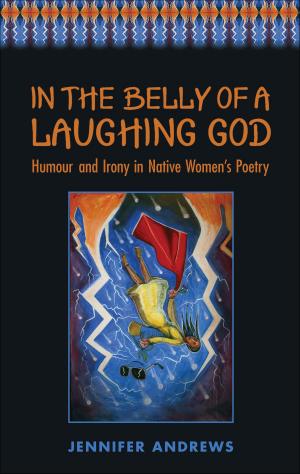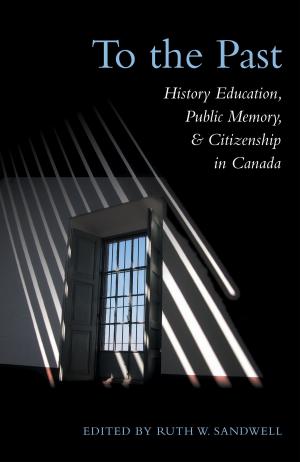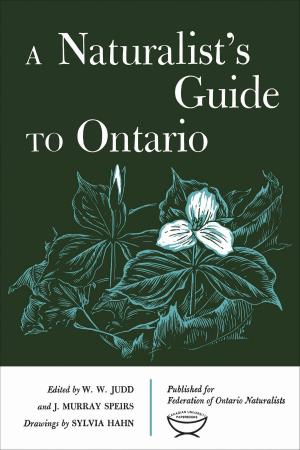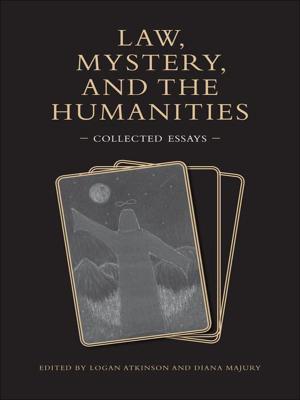"I wish to keep a record"
Nineteenth-Century New Brunswick Women Diarists and Their World
Nonfiction, History, Reference, Historiography, Americas, Canada| Author: | Gail Campbell | ISBN: | 9781487510657 |
| Publisher: | University of Toronto Press, Scholarly Publishing Division | Publication: | April 24, 2017 |
| Imprint: | Language: | English |
| Author: | Gail Campbell |
| ISBN: | 9781487510657 |
| Publisher: | University of Toronto Press, Scholarly Publishing Division |
| Publication: | April 24, 2017 |
| Imprint: | |
| Language: | English |
Nineteenth-century New Brunswick society was dominated by white, Protestant, Anglophone men. Yet, during this time of state formation in Canada, women increasingly helped to define and shape a provincial outlook.
*I wish to keep a record is the first book to focus exclusively on the life-course experiences of nineteenth-century New Brunswick women. Gail G. Campbell offers an interpretive scholarly analysis of 28 women’s diaries while enticing readers to listen to the voices of the diarists. Their diaries show women constructing themselves as individuals, assuming their essential place in building families and communities, and shaping their society by directing its outward gaze and envisioning its future. Campbell’s lively analysis calls on scholars to distinguish between immigrant and native-born women and to move beyond present-day conceptions of such women’s world. This unique study provides a framework for developing an understanding of women's worlds in nineteenth-century North America. *
Nineteenth-century New Brunswick society was dominated by white, Protestant, Anglophone men. Yet, during this time of state formation in Canada, women increasingly helped to define and shape a provincial outlook.
*I wish to keep a record is the first book to focus exclusively on the life-course experiences of nineteenth-century New Brunswick women. Gail G. Campbell offers an interpretive scholarly analysis of 28 women’s diaries while enticing readers to listen to the voices of the diarists. Their diaries show women constructing themselves as individuals, assuming their essential place in building families and communities, and shaping their society by directing its outward gaze and envisioning its future. Campbell’s lively analysis calls on scholars to distinguish between immigrant and native-born women and to move beyond present-day conceptions of such women’s world. This unique study provides a framework for developing an understanding of women's worlds in nineteenth-century North America. *
